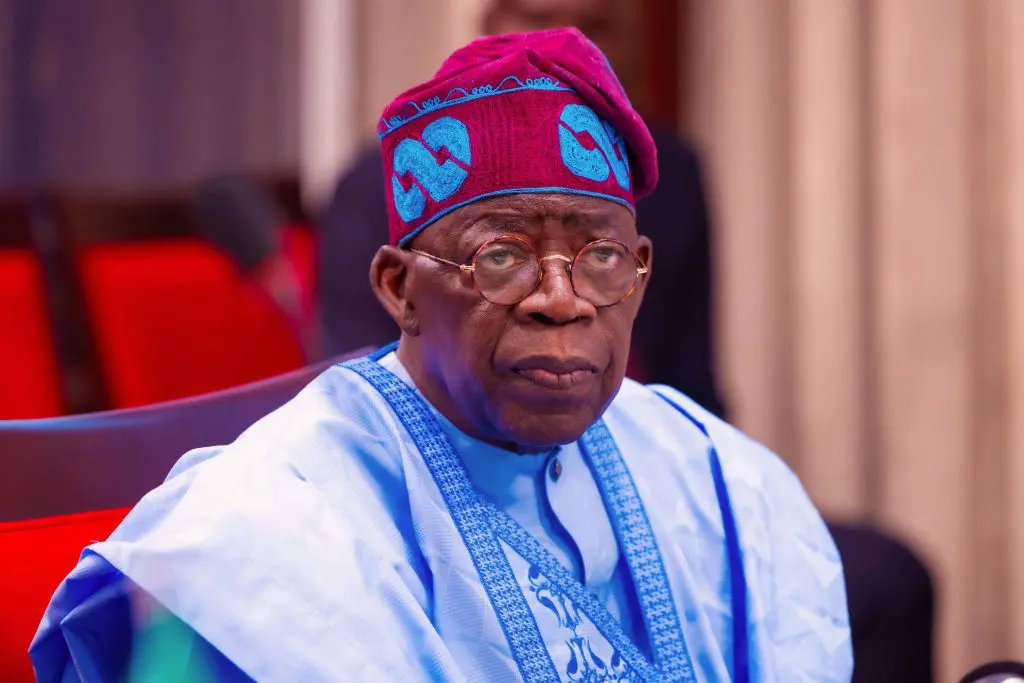In a major economic policy shift, President Bola Tinubu has banned the importation of foreign goods that can be produced locally, signaling a bold move to prioritize Nigerian-made products and services across all sectors of the economy.
The new directive, unveiled after Monday’s Federal Executive Council meeting at the Presidential Villa in Abuja, is part of a sweeping industrialisation agenda dubbed the Renewed Hope Nigeria First Policy.
Speaking to journalists after the meeting, Minister of Information and National Orientation, Mohammed Idris, said the policy is designed to drastically cut reliance on imports and ensure that public funds benefit Nigerian industries, workers, and communities.
“This policy seeks to foster a new business culture that is bold, confident, and very Nigerian,” Idris said. “It aims at making government investment directly benefit our people and industries by changing how we spend, how we procure, and how we build our economy.”
ALSO READ
Under the new policy:
Foreign goods and services already available in Nigeria are banned from government procurement unless a waiver is granted by the Bureau of Public Procurement (BPP).
Expatriates will no longer be allowed to take jobs that can be handled by Nigerians, except in rare cases where special approval is granted.
All government Ministries, Departments, and Agencies (MDAs) must immediately revise their procurement plans to align with the policy.
The BPP will create and maintain a live database of qualified Nigerian suppliers, which will serve as the go-to list for public procurement.
In addition, procurement officers currently embedded in MDAs will be withdrawn and returned to the BPP to curb undue influence and ensure full policy enforcement.
The Information Minister said the President has directed the Attorney General of the Federation to prepare an Executive Order that will give legal backing to the new policy, expected to become a cornerstone of Tinubu’s economic strategy.
“This is a major shift in government policy. It puts Nigeria – not foreign companies, not imports – at the heart of our national development,” Idris emphasized.
The policy takes cues from former U.S. President Donald Trump’s “America First” agenda and is positioned as Nigeria’s answer to its long-standing dependence on imported goods and foreign contractors.
Going forward, any unavoidable foreign contracts must include clauses for technology transfer, local production, or capacity building in Nigeria.
“This policy will change that,” Idris said, citing the sugar industry as an example of an underutilized local sector despite domestic capacity.
“Contractors will no longer be mere intermediaries sourcing foreign goods while Nigerian factories lie idle. Government money must now work for the Nigerian people,” he added.
The Nigeria First policy comes as part of a broader suite of reforms by the Tinubu administration, which has already removed fuel subsidies, introduced a unified exchange rate system, and attracted billions in new oil sector investments.
While the move is expected to stimulate job creation and industrial growth, analysts anticipate resistance from entrenched procurement interests. Still, the federal government says it is fully committed to implementation.
The policy will take full effect once the President signs the Executive Order, which is expected in the coming days.
